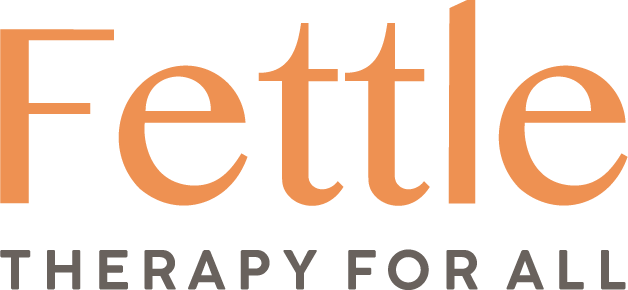Understanding Addiction: Signs, Symptoms, and How Therapy Can Help
Addiction is a complex and challenging issue that affects individuals and their loved ones across the globe. It can have severe physical, psychological, and social consequences, so early recognition of the signs and symptoms is crucial.
This blog will discuss addiction, explore its signs and symptoms, and highlight how therapy can play a pivotal role in recovery.
Understanding Addiction
Addiction is a chronic condition characterised by compulsive substance use or engaging in a particular behaviour, despite the negative consequences it may have on an individual's life. Whether it's substance addiction (such as drugs or alcohol) or behavioral addiction (such as gambling or gaming), the underlying mechanisms remain similar.
2. Signs of Addiction
Recognising the signs of addiction can be crucial in seeking timely help. While the specific symptoms may vary depending on the substance or behaviour involved, some common indicators include:
Increasing tolerance: Needing larger amounts or frequent engagement to achieve the desired effect.
Withdrawal symptoms: Experiencing physical or psychological discomfort when attempting to quit or reduce the substance or behavior.
Neglecting responsibilities: Failing to meet obligations at work, school, or home due to preoccupation with the addiction.
Loss of control: Repeated unsuccessful attempts to reduce or control the substance use or behavior.
Continued use despite consequences: Persisting with the addiction despite experiencing adverse effects on relationships, health, or finances.
Shift in priorities: Prioritizing the addiction over hobbies, relationships, and personal well-being.
3. Symptoms of Addiction
Addiction can manifest through various physical, behavioural, and psychological symptoms. Some common symptoms include:
Physical changes: Frequent intoxication, bloodshot eyes, weight loss or gain, changes in sleep patterns, and deterioration of personal hygiene.
Emotional instability: Mood swings, irritability, agitation, anxiety, or depression.
Social withdrawal: Isolation from family and friends, loss of interest in previously enjoyed activities, and declining performance in social or professional settings.
Financial difficulties: Persistent financial struggles due to spending excessive amounts of money on the addiction.
Cognitive impairment: Decreased concentration, memory problems, and impaired judgment.
4. How Therapy Can Help
Psychotherapy plays a vital role in addiction treatment, providing individuals with the necessary tools and support to overcome their addictive behaviors. Here are some therapeutic approaches commonly used:
Cognitive-Behavioural Therapy (CBT): CBT helps individuals identify and change negative thought patterns and behaviours associated with addiction. It also equips them with effective coping mechanisms to manage cravings and prevent relapse.
Motivational Interviewing: This approach helps individuals explore their motivations for change and strengthen their commitment to recovery. It focuses on enhancing intrinsic motivation and resolving any ambivalence toward quitting addictive behaviors.
Group Therapy: Group therapy offers a supportive environment where individuals can share experiences, gain insights, and learn from others facing similar challenges. It promotes empathy, accountability, and a sense of belonging.
Family Therapy: Addiction affects not only the individual but also their loved ones. Family therapy helps improve communication, understanding, and support within the family system, fostering a conducive environment for recovery.
Holistic Therapies: Complementary therapies like mindfulness, meditation, art therapy, and yoga can supplement traditional therapeutic approaches. They promote self-awareness, stress reduction, and emotional healing.
Addiction is a complex condition that can have far-reaching consequences on an individual's life. Recognising the signs and symptoms of addiction is crucial for early intervention. Through various evidence-based approaches, therapy plays a pivotal role in helping individuals in their rehabilitation, restore their well-being, and rebuild their lives.



